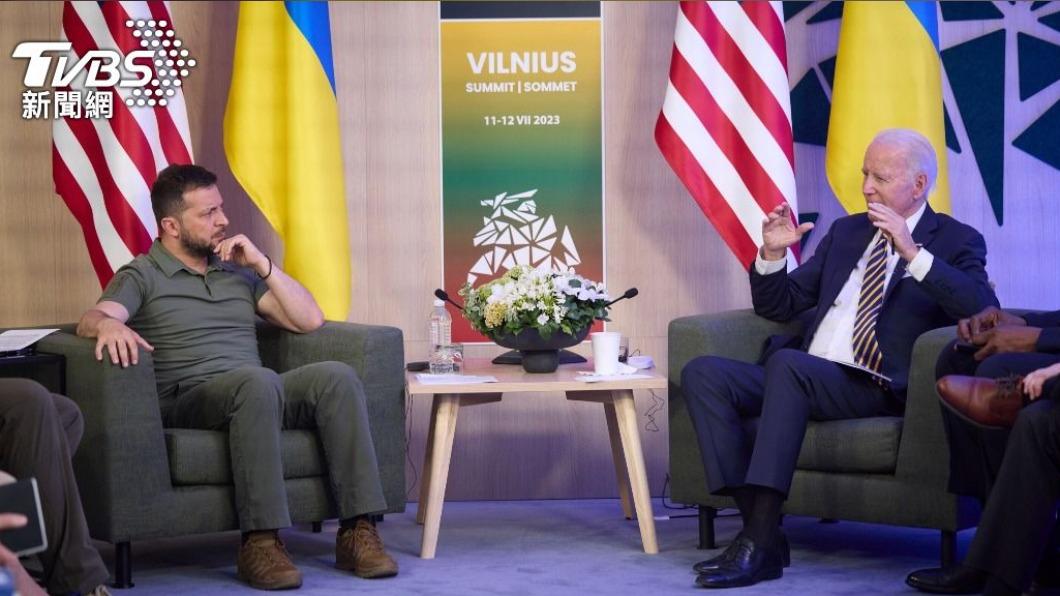TAIPEI (TVBS News) — In a significant move affirming the peaceful stabilization of the Taiwan Strait, leaders of the Group of Seven industrialized nations, known as the G7, convened via video conference on Wednesday (Dec. 6), to stress the strait's importance for international security and prosperity.
On the "Taiwan issue," G7 members reiterated their steadfast commitment to the One China policy, urging a peaceful resolution to the cross-strait issues that have long been a point of contention.
Addressing the Indo-Pacific region, the G7 expressed readiness to forge a constructive and stable relationship with China, recognizing the importance of directly and candidly expressing concerns to Beijing.
Their statement also voiced strong opposition to China's militarization activities in the South China Sea, reflecting broader worries about regional security dynamics, including the situation in the East China Sea.
Human rights issues were also on the G7's agenda, with leaders concerned about China's policies in Xinjiang and Tibet, as well as the implementation of the "Sino-British Joint Declaration" and Hong Kong's Basic Law.
Further emphasizing regional tensions, the G7 condemned North Korea's missile testing activities, which continue to inflame global security concerns. The summit's wide-ranging discussions also included topics such as nuclear safety in Japan, support for the Indo-Pacific Economic Framework for Prosperity (IPEF), and the pressing challenge of climate change.
Critical issues such as the ongoing conflict between Russia and Ukraine, the Gaza crisis, and the contentious Taiwan Strait were central in the discussions, underscoring the G7's attention to some of the world's most urgent crises.











